Web crawling and web scraping are both helpful when used with the best scraping proxy. What’s the difference between a crawler vs scraper, and why use them to learn more about your competitors?
Web Crawling vs Web Scraping
Employing web crawling and web scraping tools via the best scraping proxy is essential for any company aiming to stay ahead of the competition. Before we look at the difference between a web scraper vs crawler, we need to look at what data scraping means.
What is Data Scraping?
The short answer here is that data scraping is a way of gathering crucial data from other websites and importing them to your computer. Make sure to work behind the best static residential proxies or other useful proxy servers. That way, you usually get a valuable and diverse spreadsheet. For large-scale scraping tasks that require fast, stable, and high-volume connections, you can also use a data center proxy. These proxies offer significantly higher throughput and are ideal when you need to collect large datasets quickly without triggering rate limits or IP blocks.
What is Web Crawling?
Web crawling is the method of extracting complex data fields from targeted websites. It takes users into different elements of a company’s business plan and website operations via bots and delivers concise reports. Recipients can then use that data to create an action plan for future growth.
What’s Different?
So, how does this all compare with web crawling? Is there a difference between a crawler vs scraper? The answer is yes. These tasks have very different roles and functions.
Web crawling is an important starting point when you don’t know which URLs you want to work with. You can crawl the web to index relevant pages and return to them later. It also helps you understand how a website functions and get deeper into the structure. From there, your web scraping tools go deeper to take out the vital data for further analysis.
Data Scraping for Business
These scraping tools are important in business because they let competitors see all they can about a rival company in one simple spreadsheet. The data extraction could highlight every product name in an inventory, as well as its current RRP and other valuable data.
This is a big deal for retail and eCommerce companies looking for an edge in their niche. They can see where there are weaknesses to exploit, gaps in the market, or areas for improvement. It is also a great tool to make sure that smaller start-ups aren’t ripping them off with duplicates and blatant infringements of intellectual property.
Web Crawler Vs Web Scraper: Choosing the Best Tools
You don’t have to choose between a web crawler vs web scraper. You can combine both in the same project. Data extraction often relies on both crawling and scraping to get the most information possible from websites. Start by locating the best URLs and then go deeper with the scraping.
Get set up with the best residential proxy for data scraping, start crawling for URLs of competitors, and get scraping to learn their secrets. Before long, you should have a data extradition plan that puts you ahead of the pack.
Frequently Asked Questions
Please read our Documentation if you have questions that are not listed below.
-
Do you get more information with a web scraper than a crawler?
Yes. Crawling gives you the basic links and URLs. Web scrapers offer a lot more information, perhaps as many as 20 data fields. Make sure you have an effective way to log all this data for further comparisons.
-
Are there any downsides to web scraping?
You may find yourself up against a brick wall if companies have anti-scraping blocks. It can also take a while to gather everything. Still, the right datacenter proxy network can help. You may even find it beneficial to work with a datacenter rotating proxy for greater protection.
-
Why are crawling and scraping so beneficial?
These tools are great for cost-effectively collecting accurate, real-time information. You can learn a lot about other brands and rival businesses and put your business back on track.
Top 5 posts
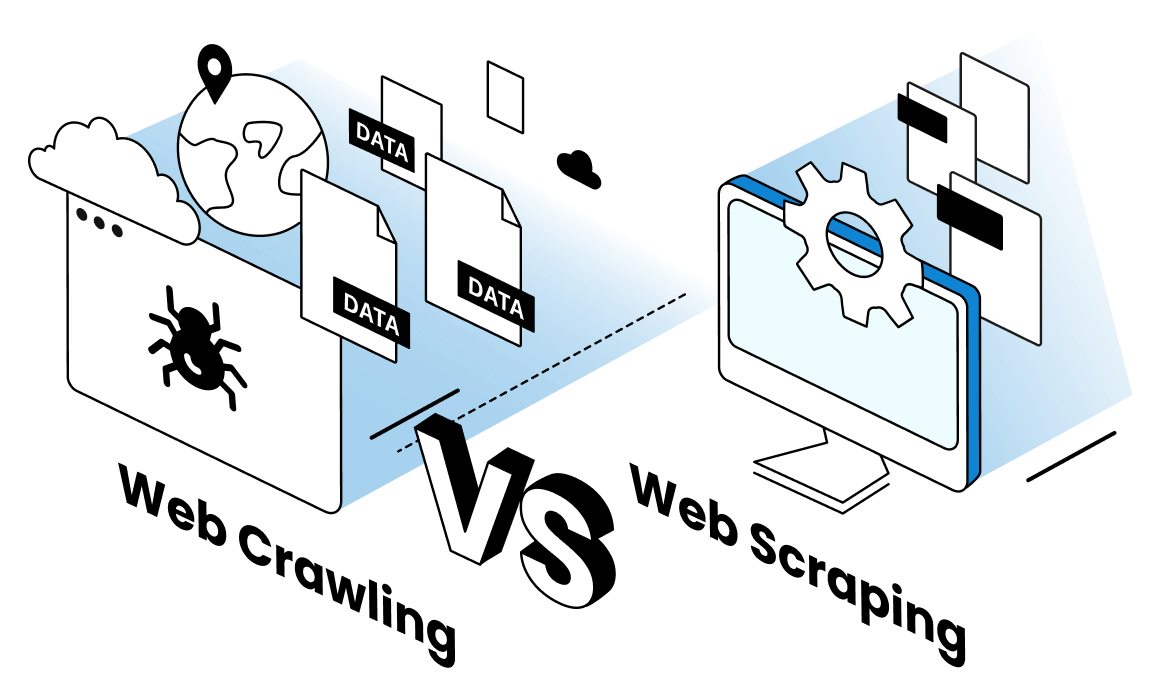

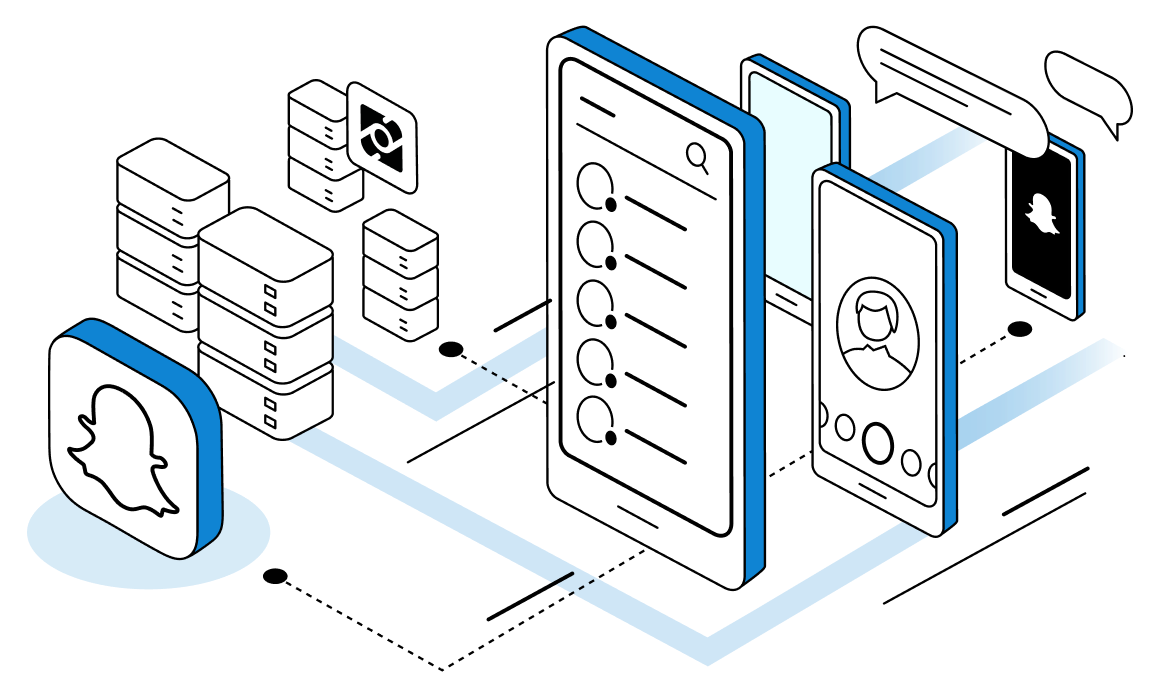


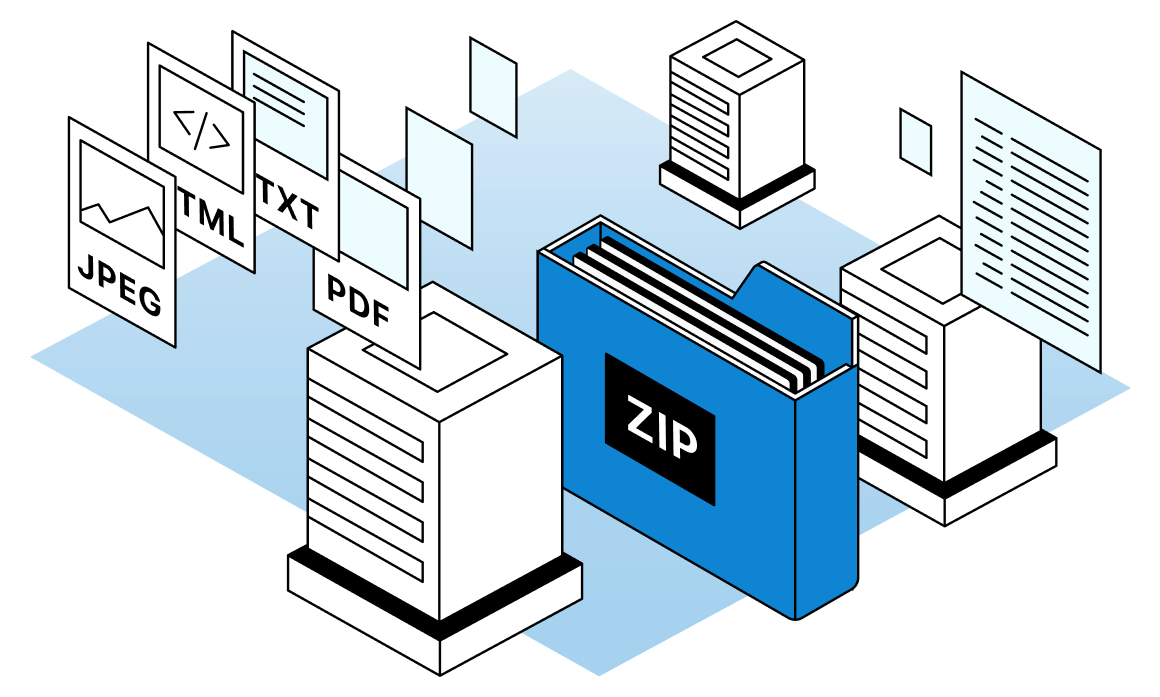
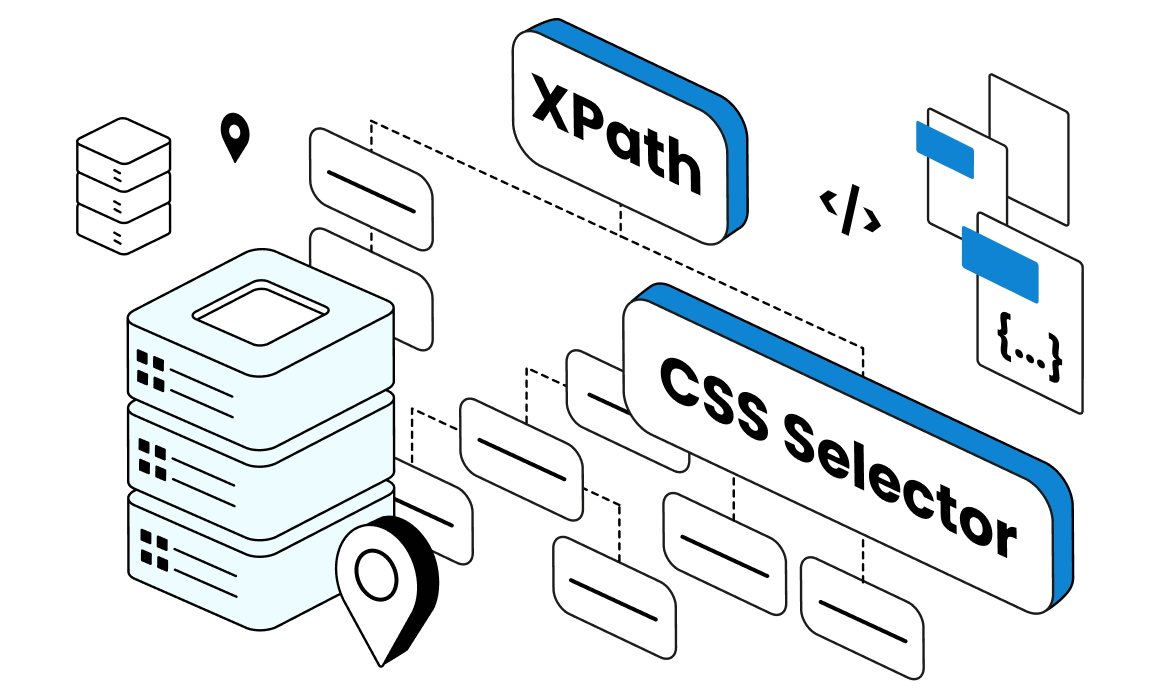

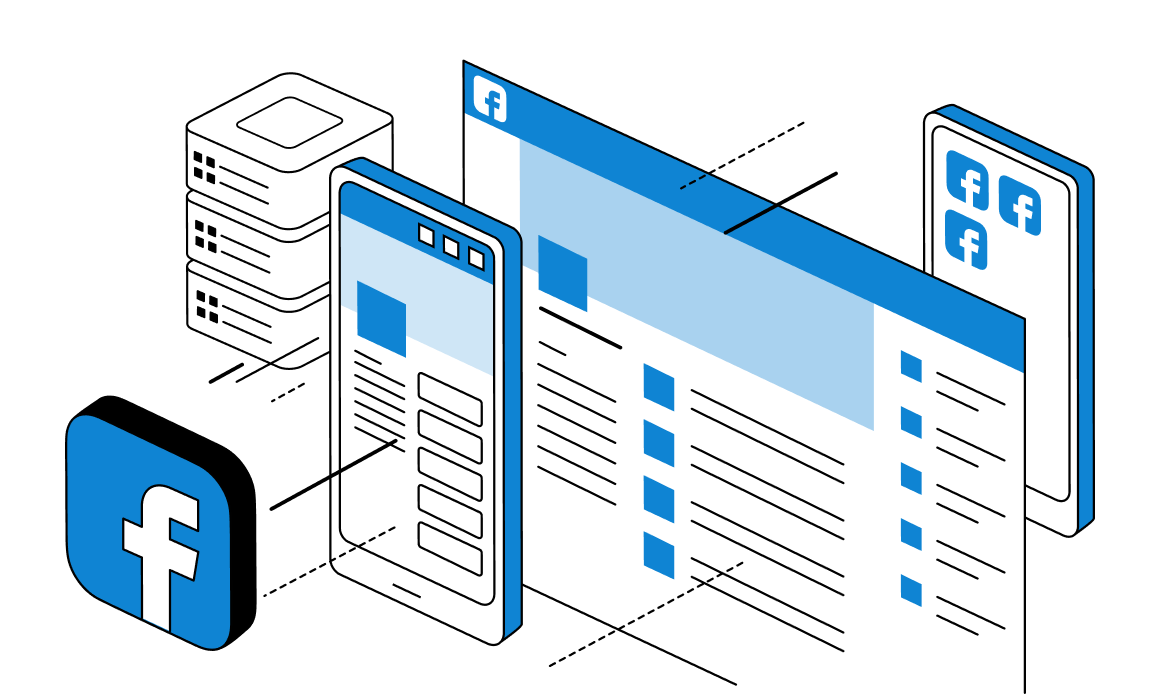
Among many users worldwide, Snapchat is a very well-liked and frequently utilized service. However, even with this popularity, Snapchat is still unaccessible or restricted to certain geographic areas. We will learn how to get around this kind of issue with Snapchat by using different proxy tricks.